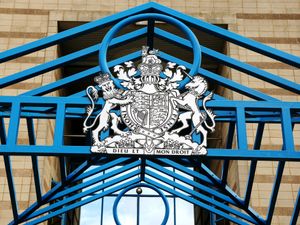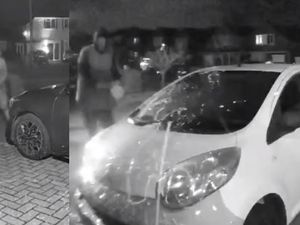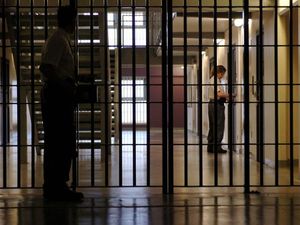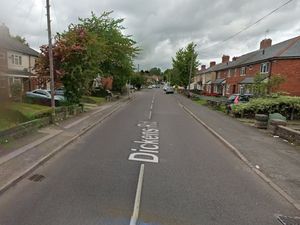82 journalists have emails and calls monitored by police under snooping powers
More than 80 journalists have had their emails and phone calls monitored by police under snooping powers, it has been revealed.
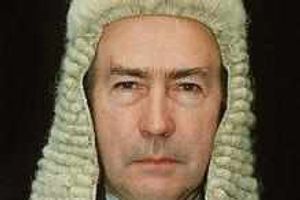
Police officers nationwide made 608 applications to use the Regulation of Investigatory Powers Act (RIPA) to listen in on journalists and their sources in three years, an inquiry by the Interception of Communications Commissioner's Office has found.
Some 105 journalists were considered 'of interest' in these police investigations, and 82 had their data grabbed by police after obtaining approval by 19 unnamed police forces.
Of these, 69 worked for national newspapers, 19 for the regional press, seven were freelance, three were broadcast, one was 'new media' and six were 'unknown/unspecified'.
It comes after West Midlands Police, Staffordshire Police, and West Mercia Police refused to reveal to the Express & Star if they had used snooping powers on journalists and how many times - despite supplying this information to the inquiry headed by then-Interception of Communications Commissioner Sir Paul Kennedy.
Many of these involved cases where the journalists themselves were not under suspicion of committing any crime.
Under the existing law, a police officer of superintendent rank can sign off requests to view telecoms records of journalists.
The report says officers have not taken account of the extensive legal safeguards given to journalists under Article 10 of the European Convention on Human Rights (freedom of expression).
And it also says a new proposed code of practice on use of RIPA does not go far enough and that instead a change in the law is needed to ensure that police requests for journalists' telecoms records must require the approval of a judge.
The inquiry found misuse of RIPA on journalists was not 'widespread' but it found that police forces generally "did not give the question of necessity, proportionality and collateral intrusion sufficient consideration".
The Prime Minister's official spokesman said he accepted the commissioner's recommendation: "He very much welcomes the report. He believes that the report makes the case well for the judicial oversight it recommends in cases of data comms applications that are relevant to journalistic sources and that is why the Government is accepting that recommendation."
Deputy Prime Minister Nick Clegg also supports the move to give judges the power to approve RIPA applications instead of police officers.
He said: "I am delighted, because I have for a long time been arguing that we should make this change because I want to strike the right balance between giving the police the powers they need, sometimes to go after privileged even confidential information, but not do so randomly, and certainly not to do so in a way which has a chilling effect on our traditions of freedom of expression."
Meanwhile, there were 242 suspected journalists' sources investigated by police under these 34 investigations, with 233 having their communications data taken under RIPA.
Of the 242 suspected sources, 126 worked for the police, 52 worked as prison officers or secure hospital staff, 38 were military staff, four worked for central or local government , and 22 were 'unspecified/unknown'.
The inquiry noted that 80 per cent of the RIPA applications related to Operation Elveden, the Metropolitan Police's investigation into inappropriate payments to public officials by journalists.
The report said: "After careful consideration of all the evidence and the sensitivities and complexities of the considerations required when contemplating an interference with Article 10 of the Convention it is recommended that judicial authorisation is obtained in cases where communications data is sought to determine the source of journalistic information."

